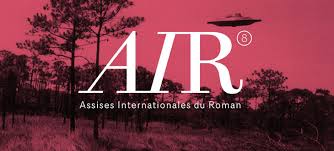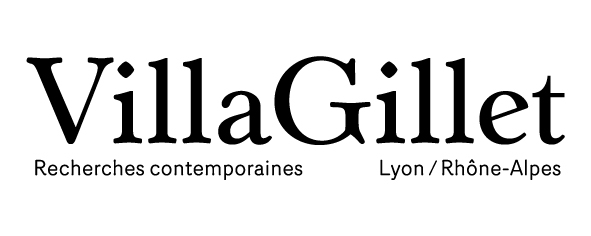Circle (Nikolai Grozni)
“Everything straight lies. All truth is crooked; time itself is a circle.” So says the dwarf in Nietzsche’s Thus spoke Zarathustra.
A circle is a strange phenomenon. Unlike all things linear, a circle doesn’t strive to conquer new territories, nor does it dream of terra incognita. To a circle, the concept of travel is ultimately foreign. Newness is a paradox. Oldness is a riddle. Progress is a utopia. Truth—a reverse augury. Knowledge is a cycle of remembering and forgetting, of drinking from the fountain of Mnemosyne and then plunging headfirst into Lethe’s silver waters.
In Bulgarian, the verb to circle is vurtya (cognate with the Sanskrit verb vratayati, which also means to turn, to rotate, to circle). Vurtya is the root of the Bulgarian word for time, vreme, and is related to vreteno, a spindle. Already in the language I grew up speaking, the notion of time is connected to something circular, something cyclic. The earth turns, the seasons revolve in a circle, Clotho spins the thread of life onto her spindle (vreteno), we remember in order to forget and forget in order to remember, the young grow old and the old become young again, the beginning meets the end: time is a snake biting its own tail. The connection between the circle, time, and memory is prominent in Orphism, Pythagoreanism, in the Dionysian mysteries, in Jainism and Buddhism, in the Rigveda. The irreconcilability between the concepts of linear time and circular time is also the principle delineation between East and West. On one side there is the Big Bang and the Last Judgment, and on the other there is Kalachakra (wheel of time, Sanskrit) the Cyclical Argument in the Phaedo, and, of course, Nietzsche, who, at the end of Twilight of the Idols, declares that he is the last student of Dionysus and teacher of the eternal return.
The philosophy of the circle—with its main aspects, time and memory—is present throughout my writing. So present and obvious, in fact, that at the end of my novel Wunderkind, the characters arrive at the point from which they began: at the Music School, two years before the end of the Cold War. Those who had died come back to life and those who had survived start all over again.
What is really a circle? An eternal damnation, a very long rehearsal, or a symbol of catharsis? But, of course! Ask any magician: a circle is an illusion.
Pour citer cette ressource :
Nikolai Grozni, Circle (Nikolai Grozni), La Clé des Langues [en ligne], Lyon, ENS de LYON/DGESCO (ISSN 2107-7029), juin 2014. Consulté le 14/02/2026. URL: https://cle.ens-lyon.fr/anglais/litterature/entretiens-et-textes-inedits/circle-nikolai-grozni-



 Activer le mode zen
Activer le mode zen

